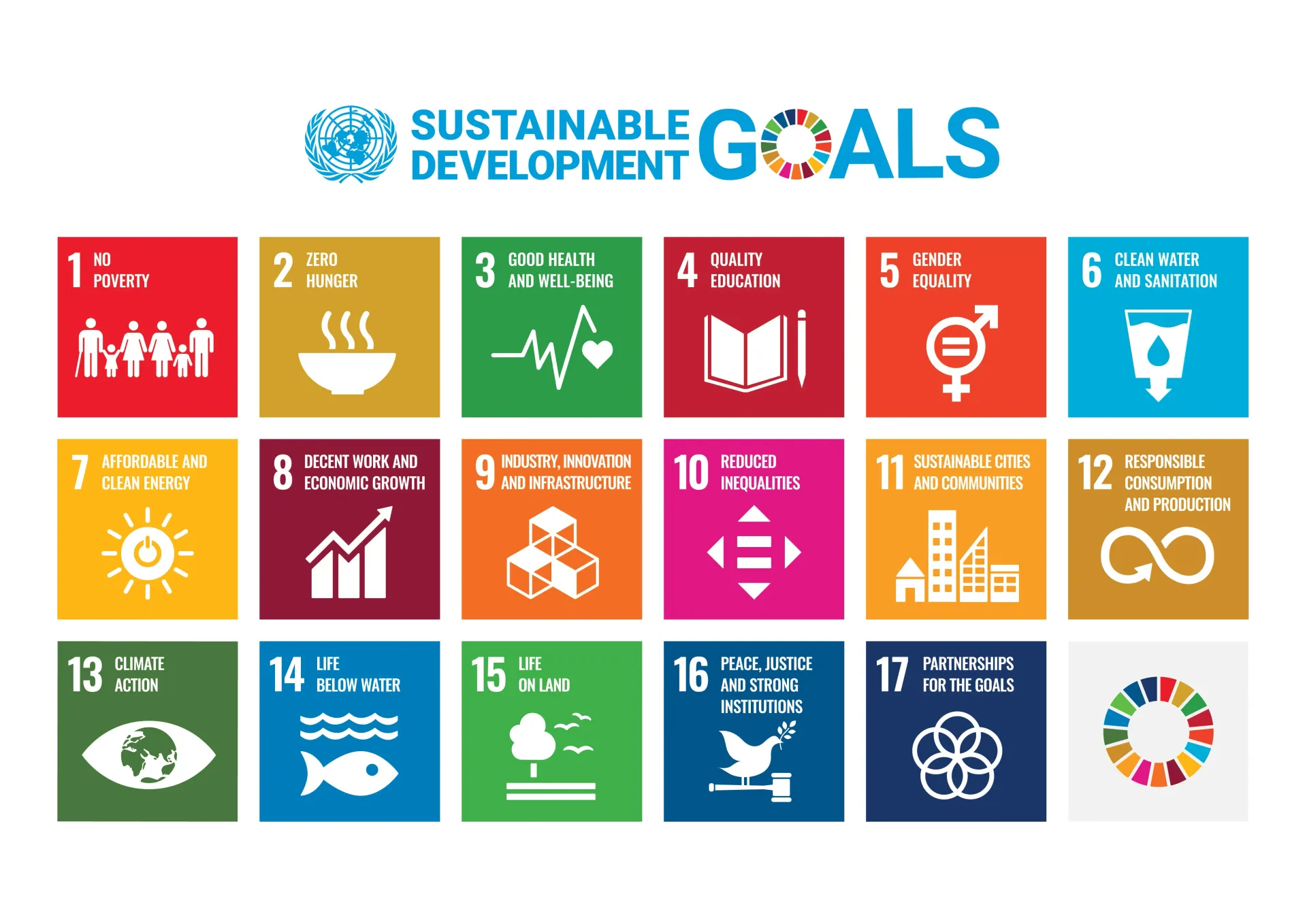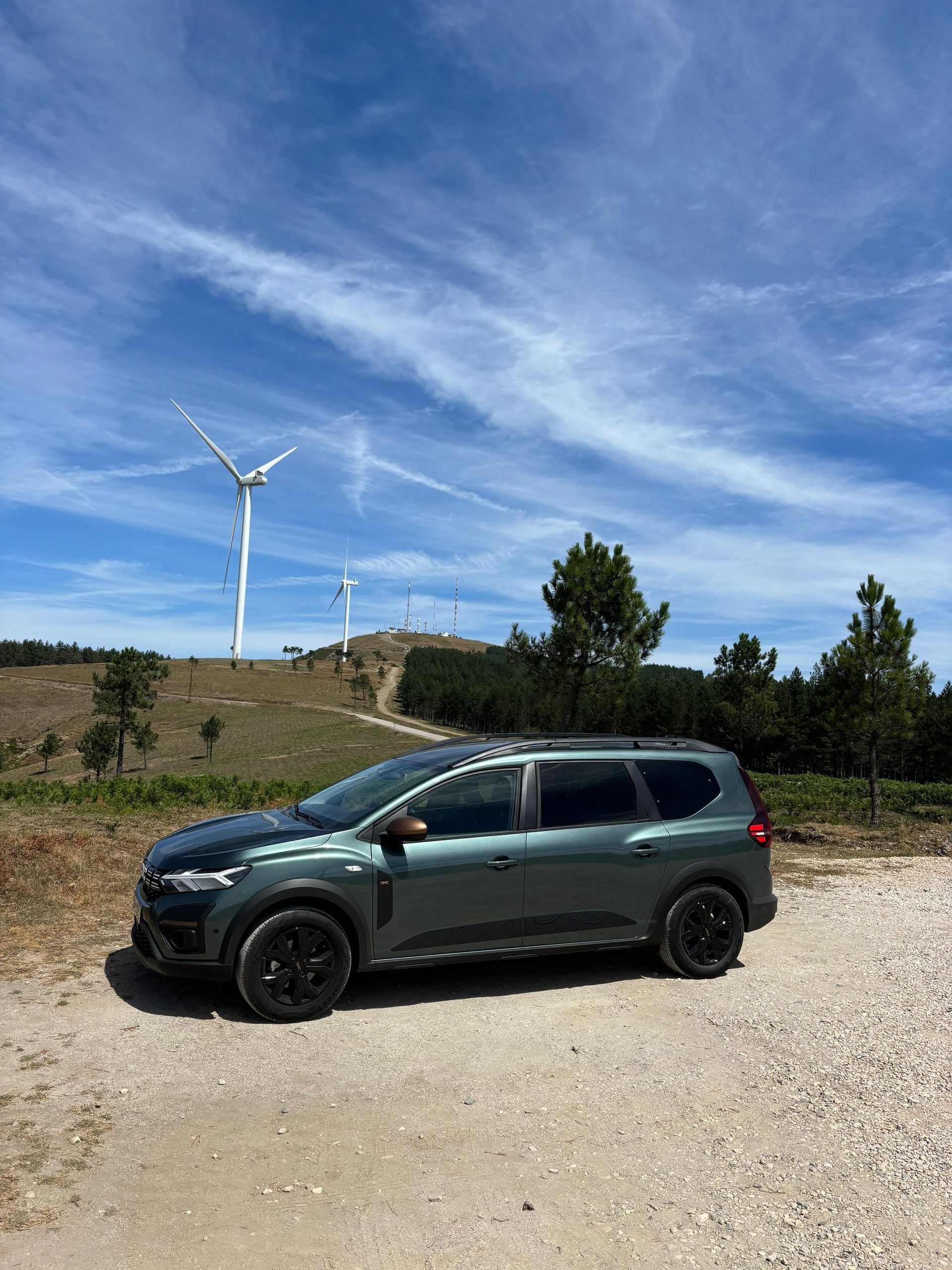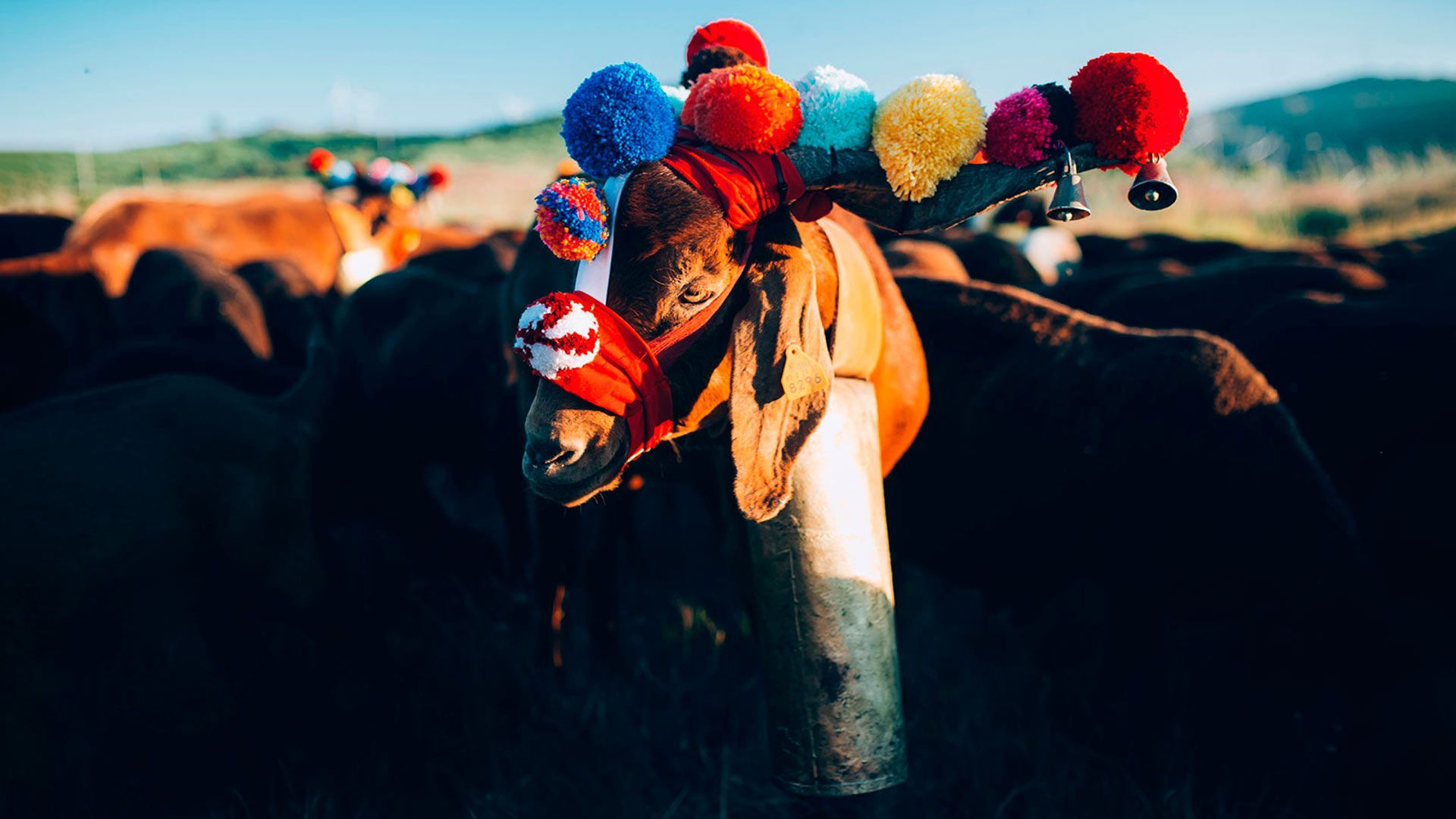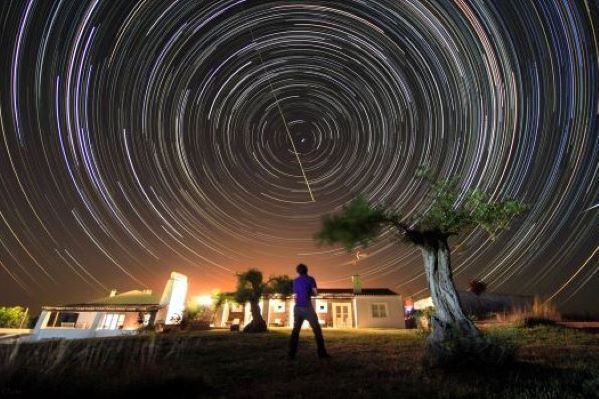The New Earth
50% off visit prices for the month of September
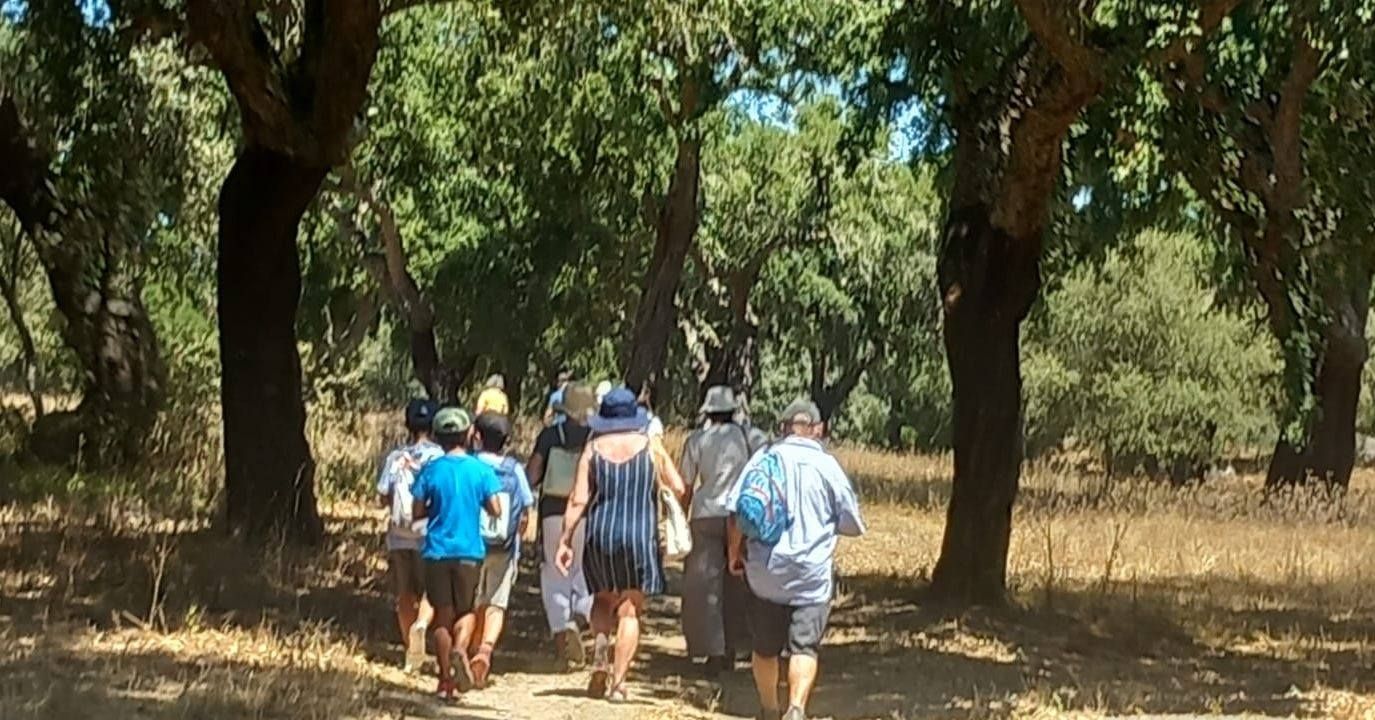
This September, take advantage of the 50% discount from Inland Portugal's launch campaign to visit three reference projects that highlight our relationship with the Earth and our adaptation to climate change. These are Herdade do Freixo do Meio, Tamera, and Aldeia do Vale.
Book Now there are only 6 seats available.
The three projects mentioned—Herdade do Freixo do Meio, Tamera, and Aldeia do Vale—are key references in Portugal regarding sustainability, ecological regeneration, and climate change adaptation. Each offers a unique approach to our relationship with the Earth, and visiting these sites provides an opportunity for learning and inspiration for more sustainable practices.
Herdade do Freixo do Meio is an agroecological estate practicing regenerative agriculture and promoting biodiversity. With over 400 hectares, the estate is an example of how agroforestry and other sustainable management techniques can improve soil fertility, capture carbon, and provide healthy food without degrading the environment. Visiting Herdade is an opportunity to see firsthand how agricultural production can coexist harmoniously with nature.
Tamera is an international research community dedicated to creating models of sustainable and regenerative living. Located in the Alentejo region, the community is known for its work in permaculture, water management, and ecological construction. Tamera also explores the social and spiritual aspects of sustainability, promoting peace and collaboration. Visiting Tamera offers insight into how communities can live self-sufficiently and in harmony with the environment.
Aldeia do Vale is an eco-village project that aims to promote communal living and sustainability. Located in a lush valley, the village adopts practices such as bioconstruction, organic farming, and sustainable resource management. The village is an example of how small communities can create resilient lifestyles adapted to climate change. Visiting Aldeia do Vale allows exploration of ways of living that place sustainability and community living at the heart of daily activities.
Visiting these projects is a way to connect with practical initiatives that respond to the global challenges of climate change and environmental degradation. They not only showcase tangible solutions but also inspire changes in personal and collective behavior. Moreover, these visits can serve as a catalyst for adopting sustainable practices in other parts of the world, promoting greater awareness and action towards the environment. Book Now!
Share




